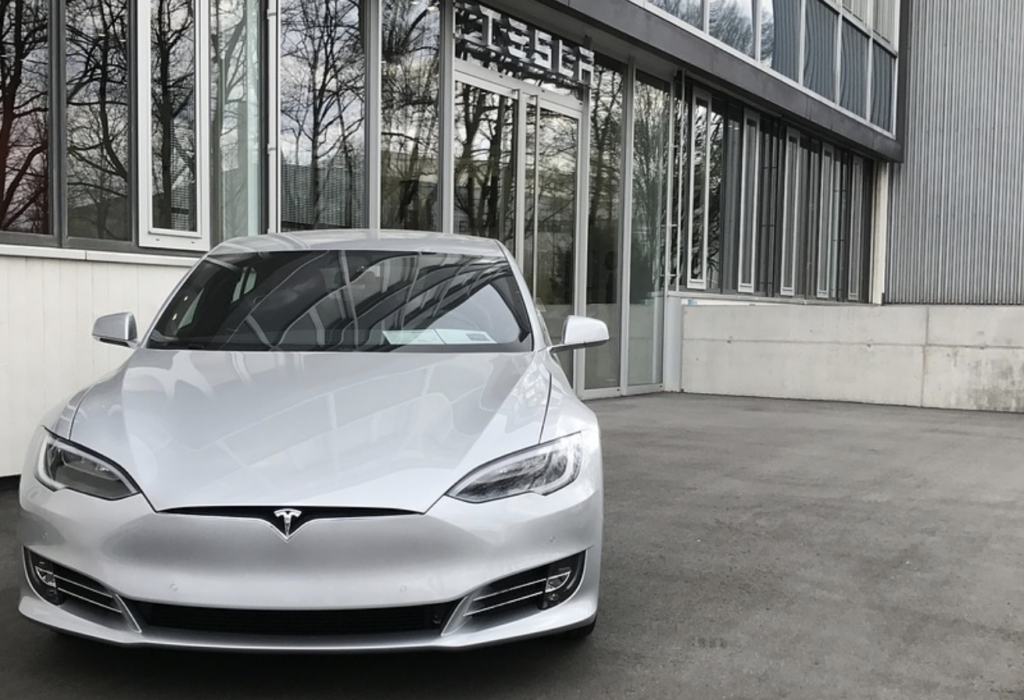How You Can Get A Huge Tax Credit
It looks like there is a new tax credit out there which will be available to thousands of Americans and could mean a ton of cash
This article is more than 2 years old

Get ready to head to the car dealership and purchase that electric vehicle you’ve had your eye on! The new climate bill, known as the Inflation Reduction Act, currently working its way through Congress, has some significant benefits. One of these offers tax credit incentives to encourage the purchase of new electric vehicles. This is huge news for Tesla and GM – two of the most popular electric vehicle manufacturers.
Under current law, a tax credit is available for consumers when they buy an electric vehicle. New buyers get a $7500 credit upon purchase. But…there are some caveats to the credit. First, the full credit is only available to the first 200,000 buyers. After that sales limit, the tax credit gets reduced until it ultimately disappears.
As both Tesla and GM have sold more than 200,000 electric vehicles, they can no longer offer this benefit to their customers. And with the average price of EVs well over that of gas vehicles, it hits consumers directly in the pocketbook. It also hinders some manufacturers, as their EVs automatically become much more expensive than those offered by competitors.
The proposed legislation removes the current sales cap, offering a potential win for both consumers and manufacturers. So, if the law passes, consumers can theoretically get this tax credit on any EV they want to purchase. Since nothing is ever straightforward with new laws, there are naturally new restrictions.

In its existing form, the proposed legislation puts caps on the tax credit in other ways. The one that will impact the consumer most directly is the income limit. To qualify for the $7500 tax credit, you can earn no more than $150,000 if filing as an individual or $300,000 for joint filings.
Additional proposed restrictions would limit which vehicles qualify for the credit. The limits will occur on a few different levels. The first is related to where the battery gets manufactured. The second would limit the sales price of vehicles that qualify for the credit.
Provided your dream EV falls into the permissible categories…you would not have to wait until tax season to receive your credit. The proposed changes will allow the tax credit to get applied at the time of purchase, thus lowering your total purchase price. It could be just the right button to push to encourage more car owners to buy their first EV.
But new owners aren’t the only ones who can benefit from the changes should they pass. The bill includes a smaller tax credit for current EV owners when they purchase a new EV. This credit will also come with its own set of restrictions. If you already own an EV, you will want to pay close attention to the final language.
Watch this bill closely as it makes its way through Congress. If you have been waiting to purchase an EV, you may want to jump on the opportunity once the legislation passes. Popular dealerships could see a rapid boost in sales, and with the current slow-moving supply chain, it could be some time before the EV you want is back in stock.





